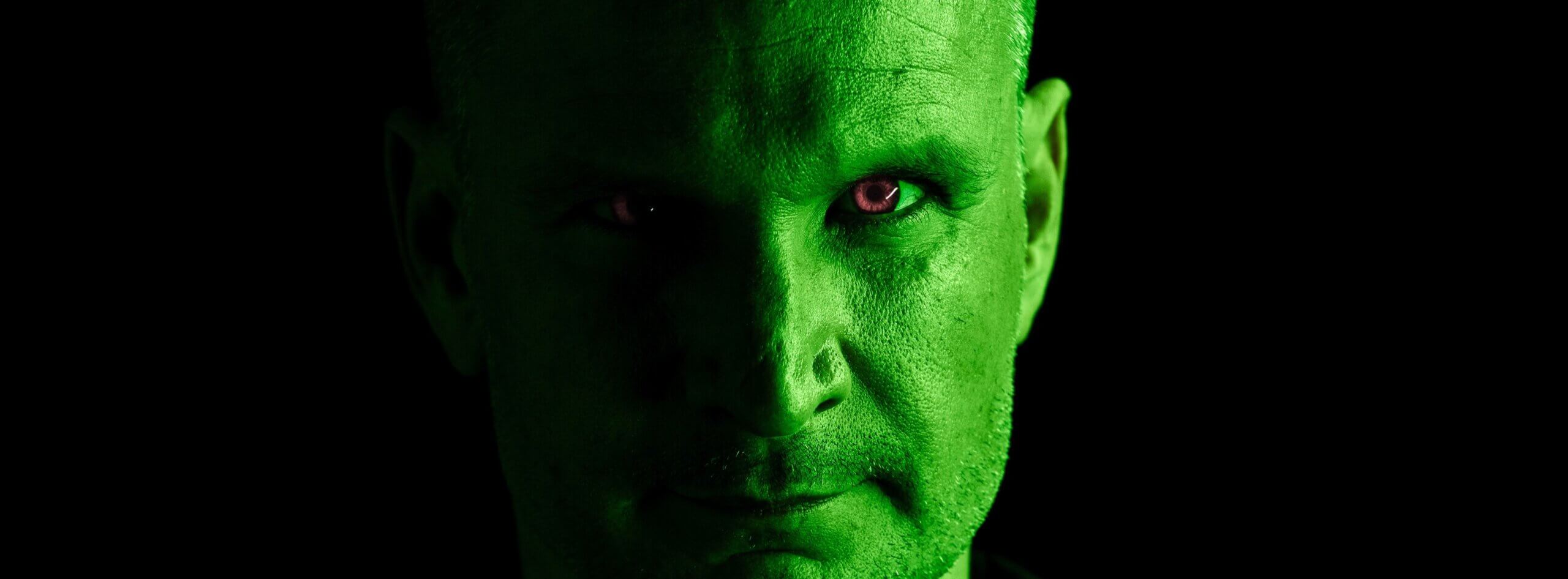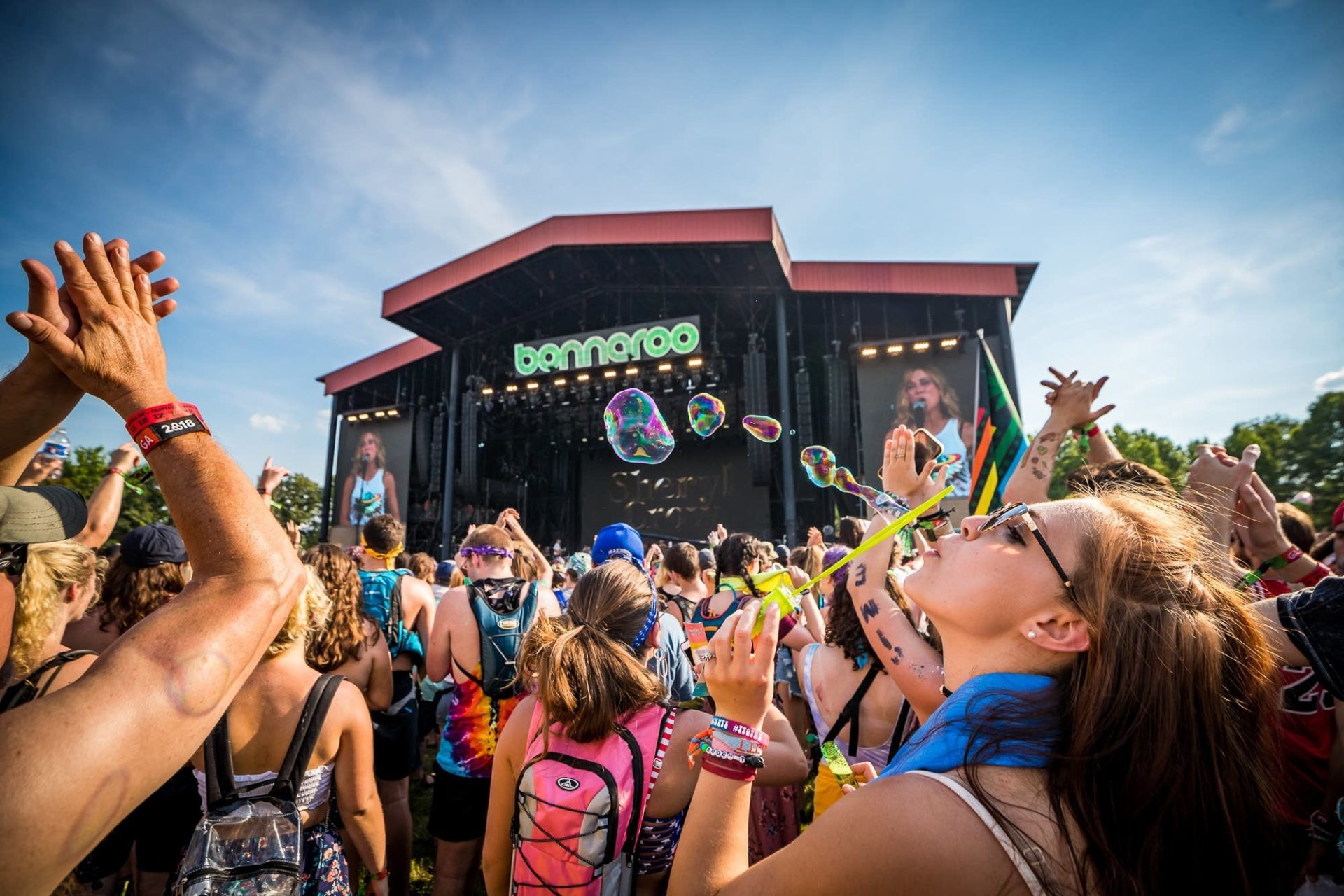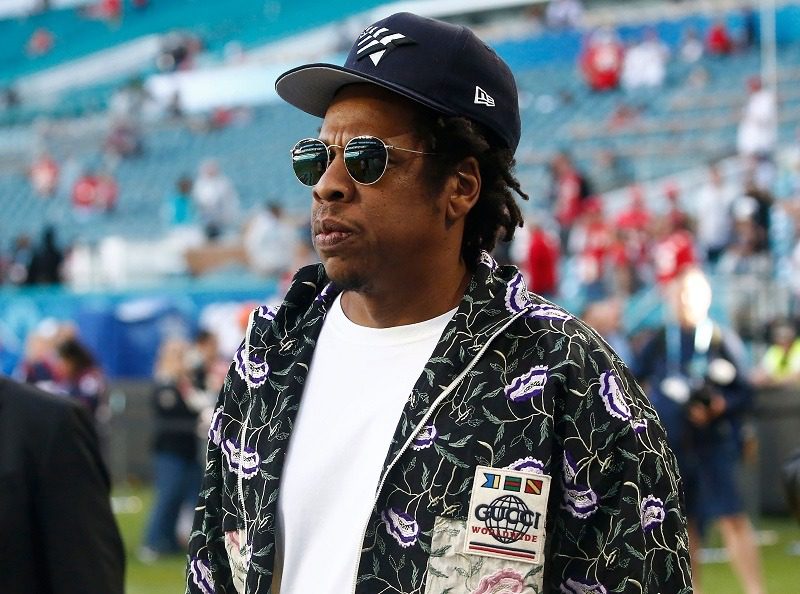Social media has been set ablaze by a controversial statement from Jason Whitlock, a prominent social media user, who referred to Jay Z as an “honorable drug dealer.”
Whitlock claimed that during Jay Z’s time in the drug trade, the rapper allegedly checked IDs to avoid selling to minors and refused to sell drugs to parents. The post has ignited a heated debate about morality, credibility, and the complexities of the drug trade.
Whitlock’s statement has divided the internet. Some argue that this portrayal romanticizes and trivializes the damaging realities of drug dealing. Others are questioning the authenticity of these claims, with many asking, “How could someone in an illegal business operate with such ethical guidelines?”
The controversy stems from the juxtaposition of Jay Z’s past and his present as one of the most successful and respected figures in the entertainment industry. Critics argue that any attempt to paint the drug trade in a noble light is not only misleading but harmful. “An ‘honorable drug dealer’? That’s like saying an ethical bank robber,” one user commented, encapsulating the sentiment of many detractors.
Adding fuel to the fire are recent allegations involving Jay Z and fellow music mogul Diddy, with their names surfacing in legal and personal controversies. While the details remain speculative, the resurfacing of Jay Z’s past in this context has reignited debates about how much an individual’s history should influence their present-day legacy. Critics are pointing to these allegations as another example of why narratives of “honor” and “ethics” in questionable past activities can be problematic.
On the other side of the debate, some users are defending the notion that even within morally gray areas, individuals can strive for a personal code of ethics. “Jay Z’s story is one of survival and evolution. His past doesn’t define him, but it does provide context for his rise,” one user wrote in response.
This isn’t the first time Jay Z’s past in the drug trade has been a topic of conversation. The rapper himself has often spoken candidly about his early life in interviews and music, describing it as a means of survival in harsh conditions. However, the idea of applying terms like “honorable” to illegal activities is sparking deeper conversations about the narratives we create around individuals who rise from adversity.
As the debate rages on, many are pointing out the larger societal implications. Others, however, argue that the discussion highlights the systemic issues that force individuals into these situations in the first place.
The conversation around Whitlock’s post isn’t slowing down. From memes to heated threads, the internet is dissecting every angle of the claim. Regardless of where people stand, one thing is clear: Jay Z’s legacy, shaped by both his past and present, continues to spark conversations that extend beyond music.
What do you think? Can the term “honorable” ever apply in such a context? Share your thoughts and join the debate in the comments below!







